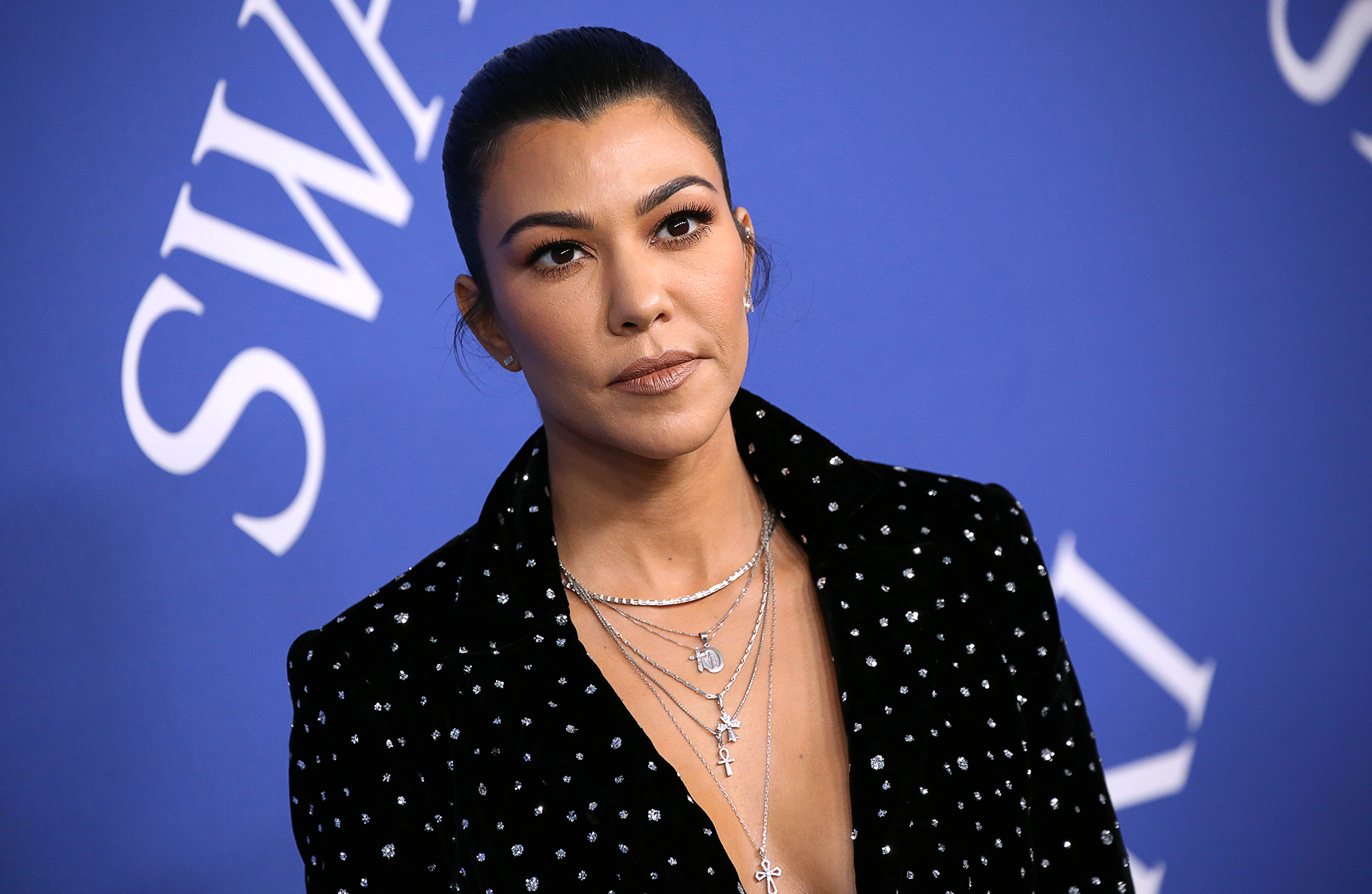A large crowd gathers to bid Gorbachev farewell, but Putin is not present.
In a goodbye eschewed by Russian President Vladimir Putin, thousands of mourners lined up on Saturday to pay tribute to former Soviet leader Mikhail Gorbachev, who introduced radical changes that contributed to the end of the Cold War and sparked the disintegration of the Soviet Union.
The Kremlin's reluctance to proclaim a state burial underscores its unease with Gorbachev's legacy, who is revered internationally for tearing down the Iron Curtain but despised at home for the fall of the Soviet Union and the subsequent economic collapse that sent millions into poverty.
Putin personally placed flowers on Gorbachev's casket on Thursday at the Moscow hospital where he passed away. The Kremlin said that the president wouldn't be able to attend the funeral because of his hectic schedule.
When asked what specific matters would keep Putin busy on Saturday, Kremlin spokesman Dmitry Peskov told reporters that the president would have a number of working meetings, make a call to another country, and need to get ready for a business forum he will be attending in Russia's Far East next week.
Gorbachev, who passed away on Tuesday at the age of 91, will be laid to rest alongside his wife Raisa in Moscow's Novodevichy cemetery after a final farewell ceremony at the Pillar Hall of the House of the Unions, a lavish 18th-century mansion close to the Kremlin that has hosted state funerals since the Soviet era.
At the memorial service on Saturday, attendees laid flowers alongside Gorbachev's open casket, which was guarded by honor guards. Irina Gorbachev, one of Gorbachev's daughters, and his two granddaughters sat next to the coffin.
In addition to hosting balls for the nobility under the czars, the opulent, chandeliered hall adorned with columns served as a location for important conferences and congresses as well as state funerals throughout the Soviet era. As they entered the structure, mourners noticed honor guards positioned on either side of a big photograph of Gorbachev grinning widely, a reminder of the upbeat vitality he gave to the Soviet leadership following a string of gloomy, ailing predecessors.
The audience size was so huge that the scheduled two hours of viewing were actually prolonged by more than an hour.
Despite selecting such a prominent location for the farewell service, the Kremlin refrained from referring to it as a state funeral, though Peskov did indicate that it would include "components" of one, like honorary guards and government support for planning. He declined to explain how it will be different from a traditional state funeral.
Declaring a state funeral for Gorbachev would have required Moscow to invite international leaders and would have needed Putin to attend, both of which Moscow was ostensibly unwilling to do given the rising tensions with the West following the deployment of soldiers to Ukraine.
Attending the goodbye ceremony was Dmitry Medvedev, who presided over Russia's Security Council alongside Putin from 2008 to 2012. Then, he published a message on a messaging app channel in which he made reference to the fall of the Soviet Union in 1991 and accused the United States and its allies of attempting to manufacture the dissolution of Russia, a strategy he called a "chess game with Death."
On Saturday, the goodbye was attended by Viktor Orban, the prime minister of Hungary, who has frequently criticized the Western sanctions against Russia. The embassies of the US, UK, and Germany were present as well.
The understated service stood in stark contrast to Boris Yeltsin's extravagant state funeral in 2007, who served as Russia's first post-Soviet leader and nominated Putin as his chosen replacement, paving the way for Putin to gain the president by resigning.
The knowledge that Putin has hindered the transparency Gorbachev championed cast a cloud over the farewell viewing.
Ilya, a mourner in his early 30s who works in financial services, said, "I want to thank him for my childhood of freedom, which we don't have today.
He referred to Gorbachev's reform, or rebuilding, initiatives as "perestroika," from the Russian term meaning "I am a son of."
Putin, who once referred to the fall of the Soviet Union as the "greatest geopolitical catastrophe of the century," has refrained from criticizing Gorbachev directly, but has repeatedly held him responsible for the failure to obtain written guarantees from the West that would have prevented NATO's expansion eastward. Decades-long friction over this subject between the West and Russia fueled tensions that erupted on February 24 when the Russian president launched soldiers into Ukraine.
Putin said of Gorbachev that he had "had enormous impact on the path of world history" in a carefully worded condolence letter that was made public on Wednesday.
According to Putin, "He guided the nation through difficult and dramatic transformations, despite significant foreign policy, economic, and societal obstacles." He truly understood the need for reforms and made an effort to present his own solutions to the pressing issues.
State television broadcasts reflected the Kremlin's ambivalence toward Gorbachev, which described his international acclaim and the lofty expectations raised by his reforms but blamed him for throwing the nation into political upheaval, economic hardship, and failing to adequately defend the nation's interests in negotiations with the West.


Comments
Post a Comment